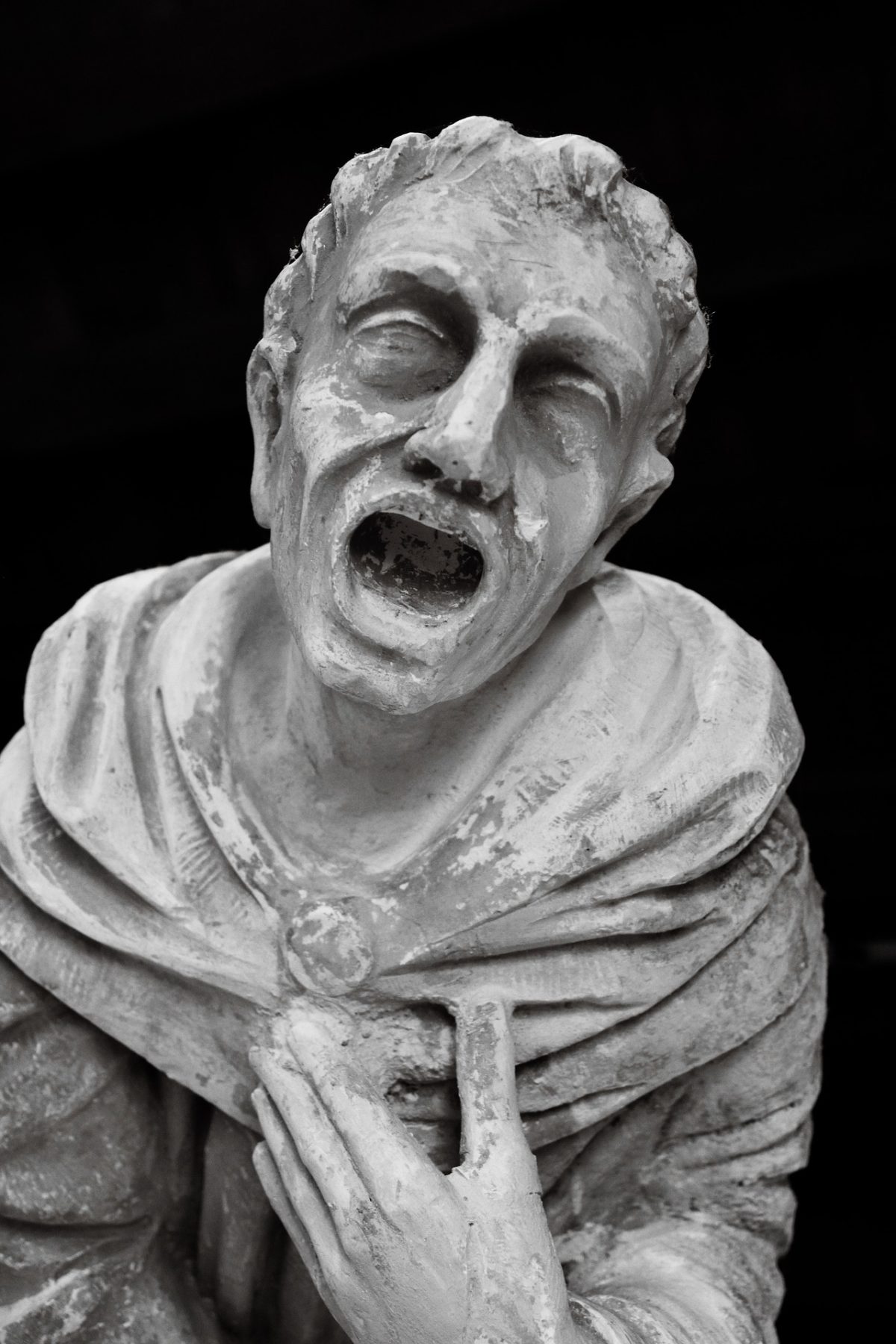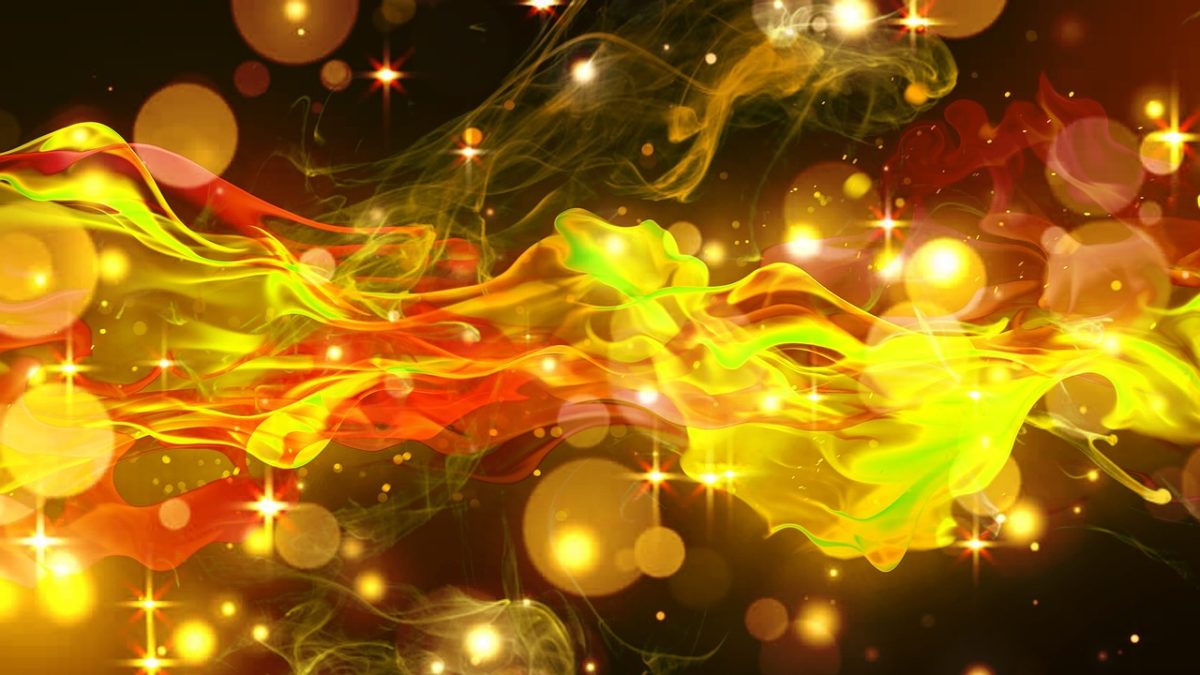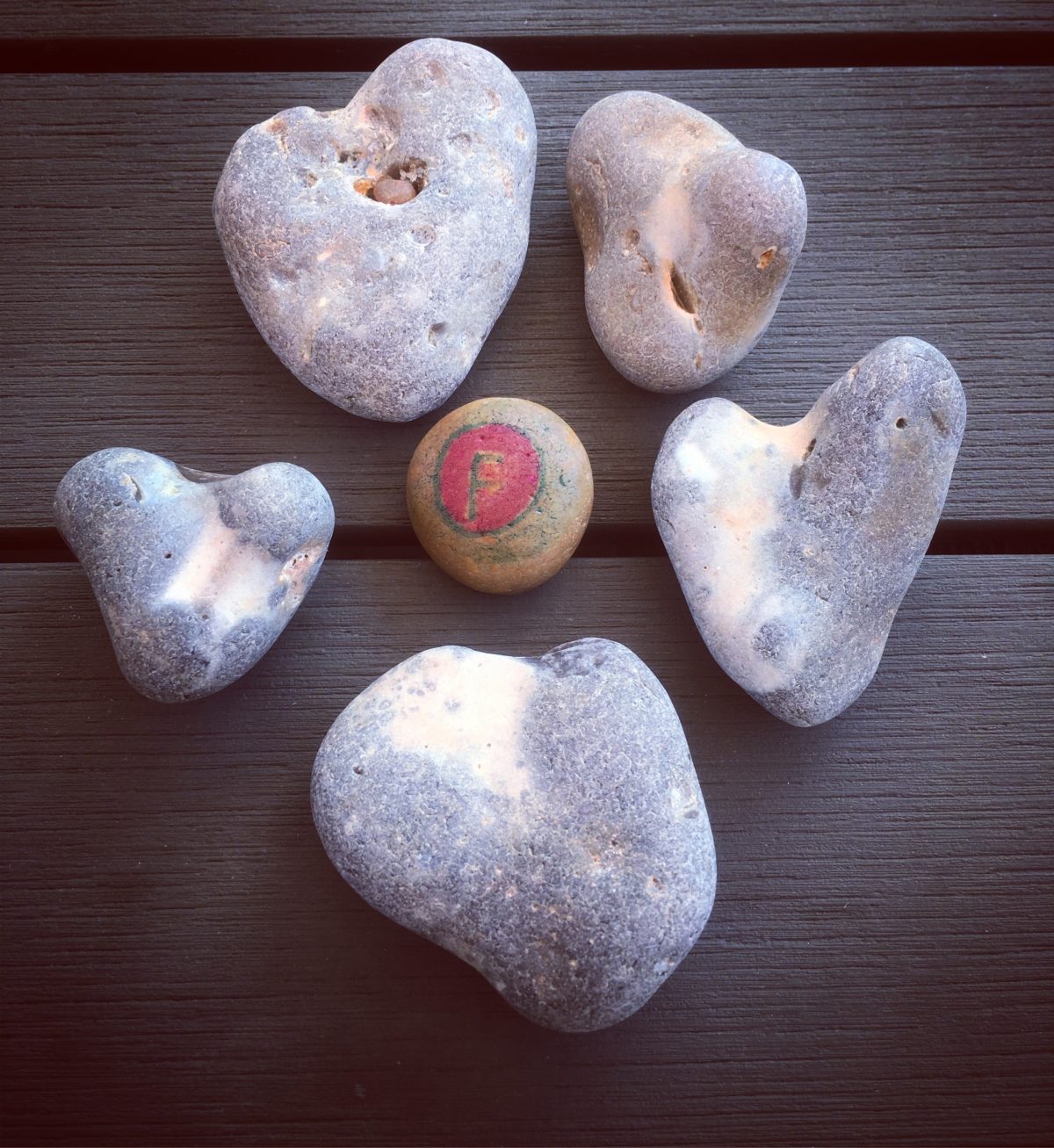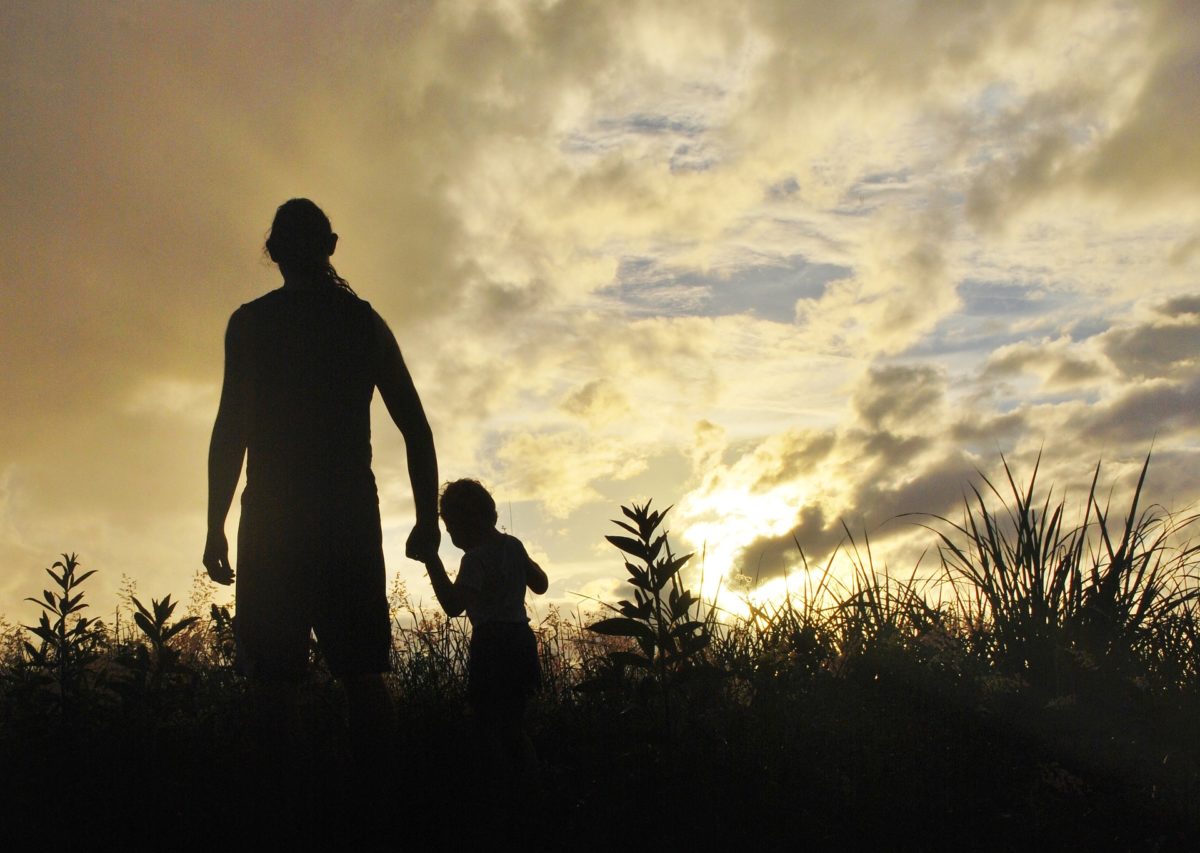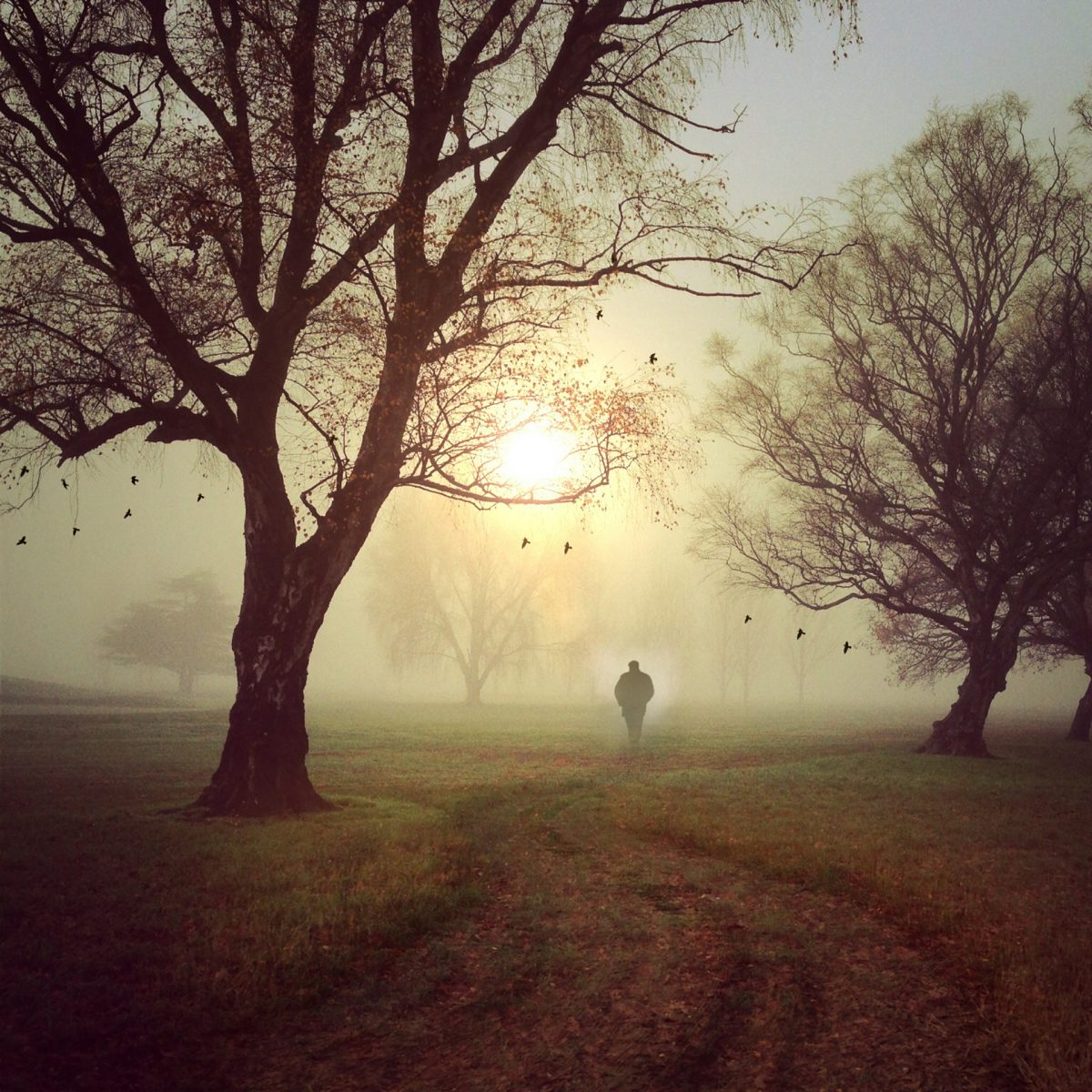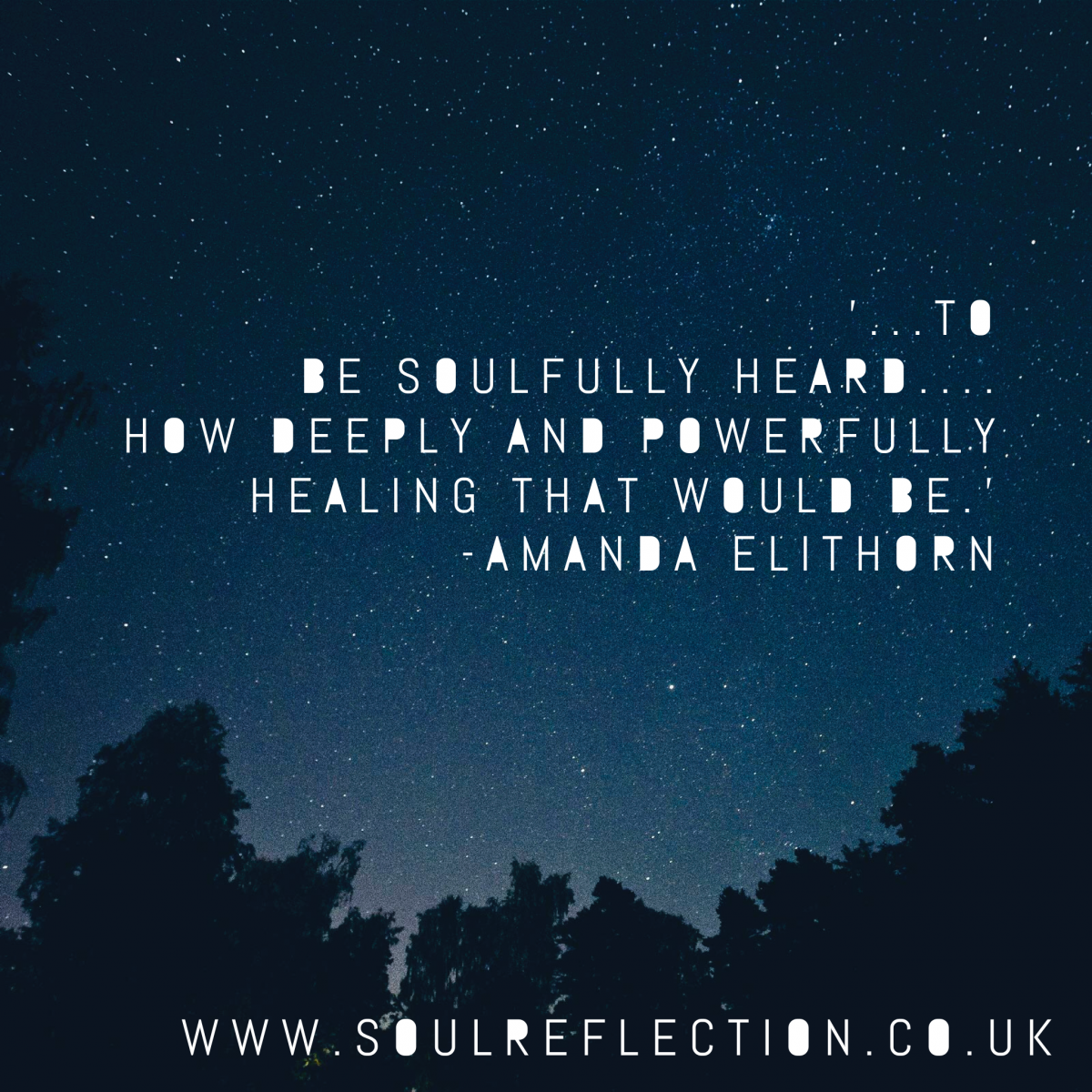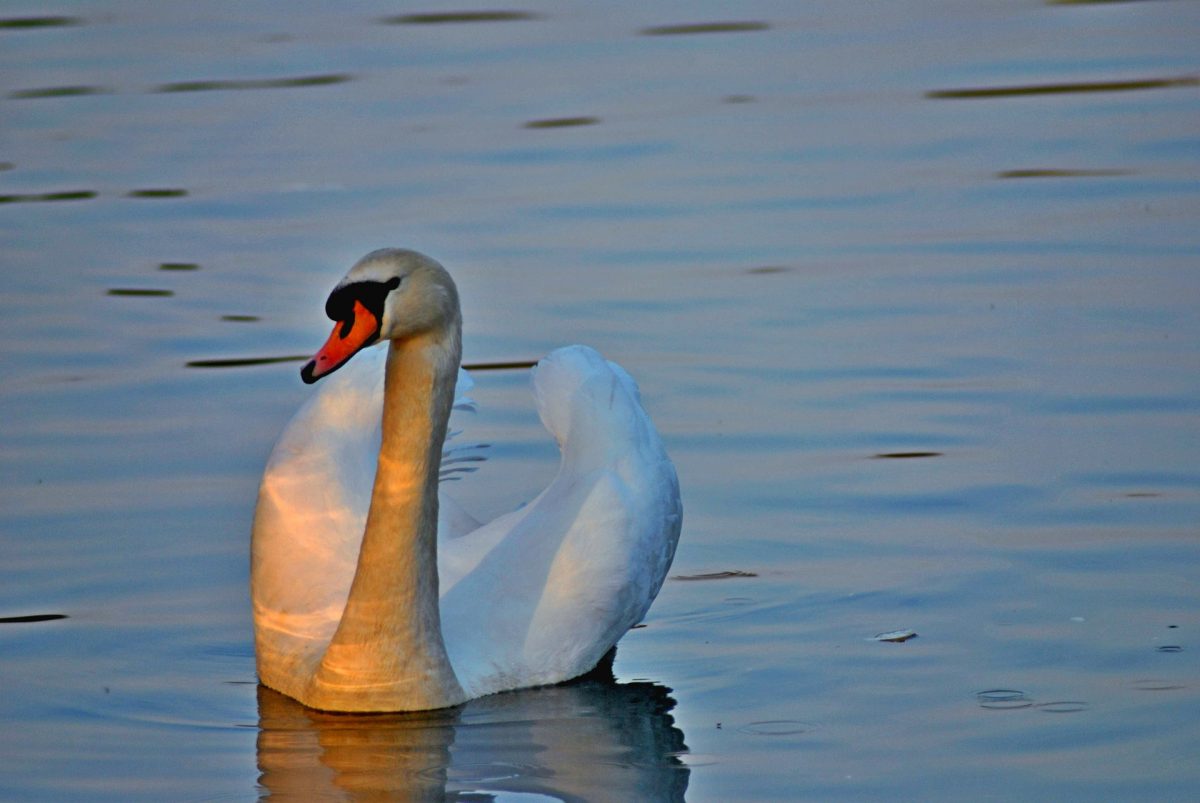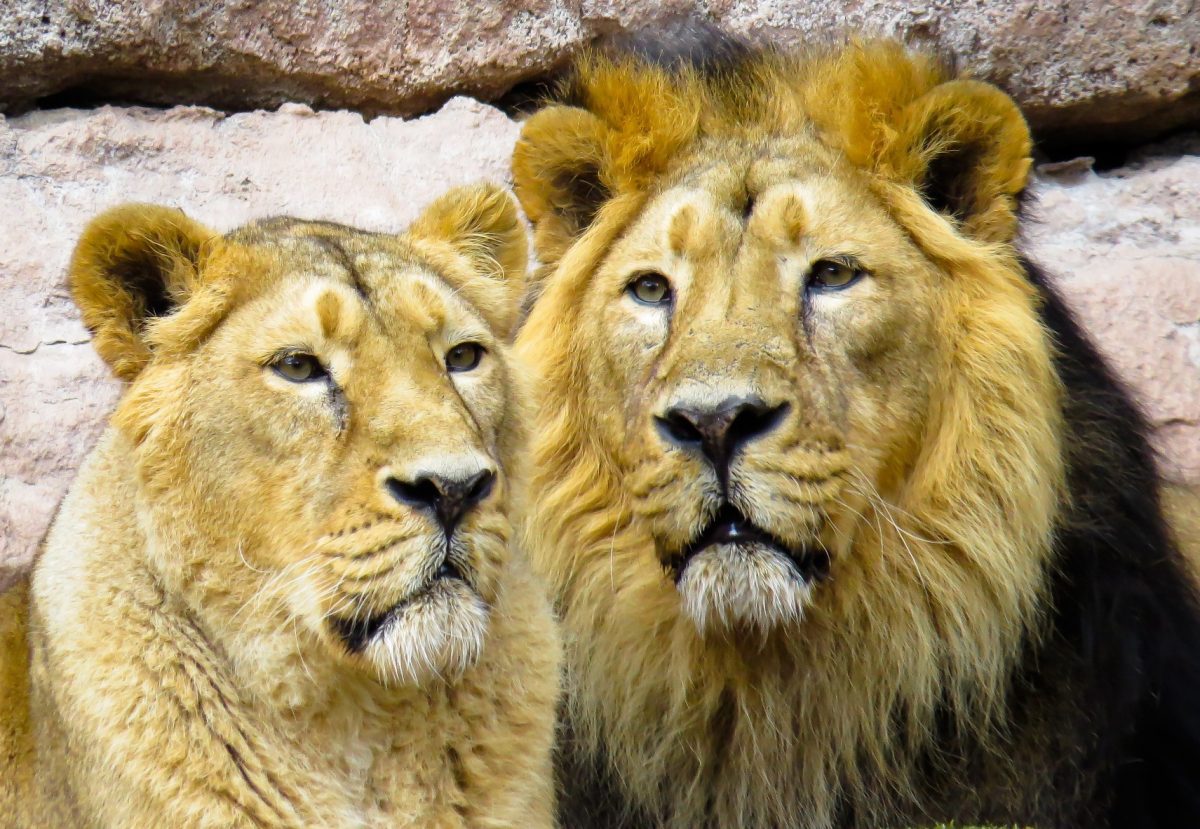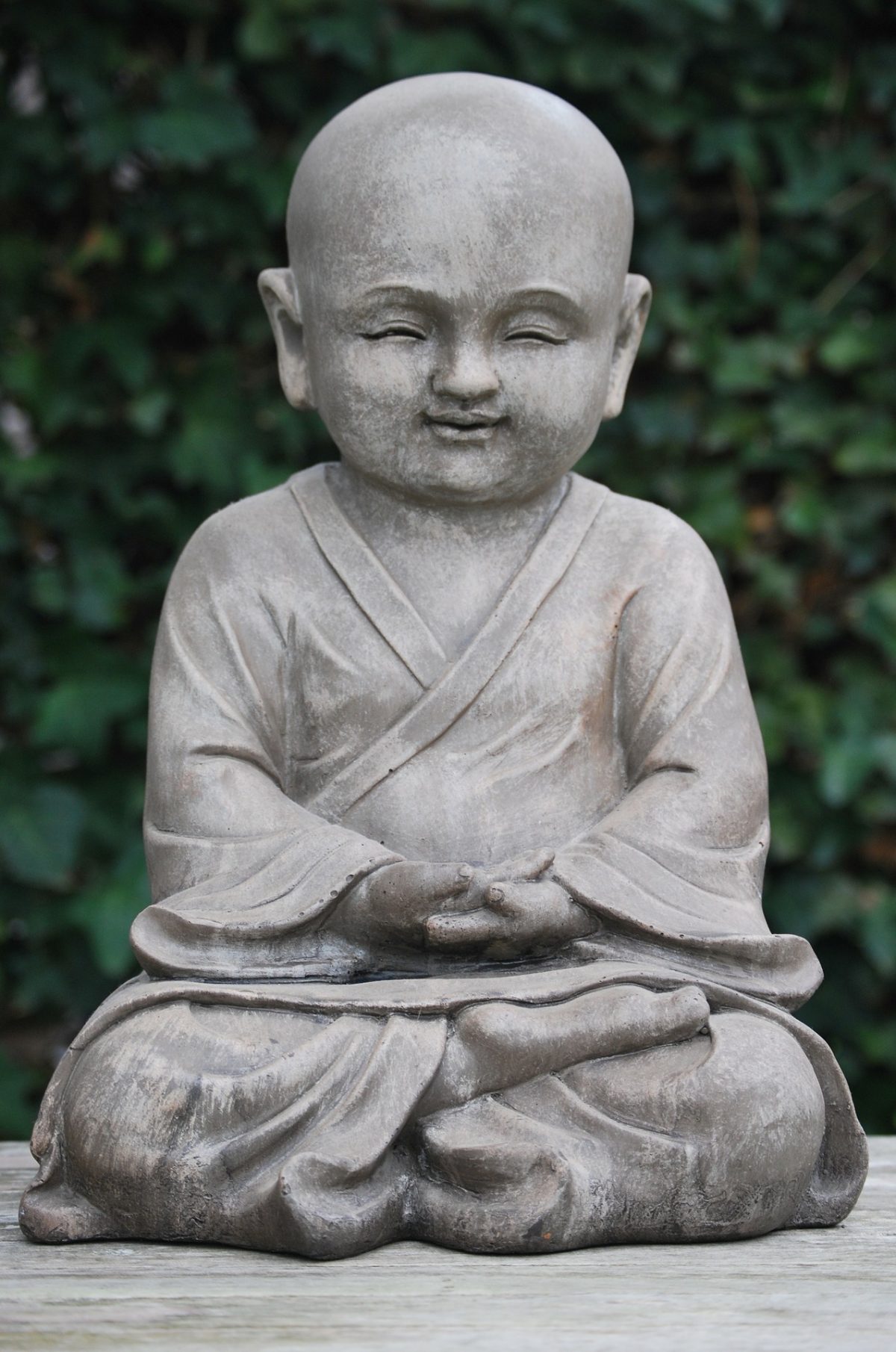I have encountered many ‘Weinstein’s’ in my time, from my own father to bosses, strangers, even those I thought were friends. From the ‘playful’ pinches all the way through to rape. I have experienced the gamut of ‘toxic masculinity’.
But I will not stand and make them my enemy. I will not make men an evil entity that need to be punished for their heinous behaviour. What I see are deeply wounded and damaged individuals who have had their innocent child hearts hurt and broken in unimaginable ways. They have become adults desperate for validation, for control and emotional ‘safety’ and this comes out in toxic, wounding and terrible actions.
I am not condoning a single thing that they have done as accountable, responsible adults. Do they need to be brought up and held to account? Do they need the awareness of their behaviour brought to light, do they need support, therapy, counselling? Yes to all this. And in the very worst cases, prison is probably the first port of call before any rehabilitation can be implemented. I am not, for a moment, suggesting allowing or permitting this type of behaviour but what I am saying is that by making these men into inhuman animals worthy only of our hatred and scorn we are only perpetuating this dynamic in our society.
As a global society we are failing our children. We have forgotten, disassociated ourselves from, the crucial attachment needs that create respectful, kind, thoughtful humans. These are the roots of the problems that we are witnessing today in our men and women. If our sons and daughters were raised with loving consciousness and presence, is it even possible for them to become the monsters that we vilify in the press? No, it’s like a law of science, we cannot provide wholesome parenting and create evil.
But just loving our children is not enough, I adore my children but that doesn’t stop me passing on my insecurities, my wounding. What will break my ancestral cycles is bringing my awareness to the psychological needs of my children and my own childhood, becoming conscious of what created my wounds and my anger and working hard to provide what I lacked, owning my mistakes and attempting to do it differently next time. Only by taking full responsibility for my own actions will I model that possibility to my children and my descendants.
So when I read the powerful hatred towards Weinstein et al, all I really hear is hatred towards ourselves. What I would love is to embrace the possibility that Weinstein’s willingness to enter rehabilitation might just birth a shift in his perspective that could create healing. What I would love to hear is how these moments of unveiling could push us to reflect on why men exist in this way. How can we create the changes in our world to bring forth the necessary shifts to our humanness? Can we learn from our mistakes or will we just continue to punish them?

